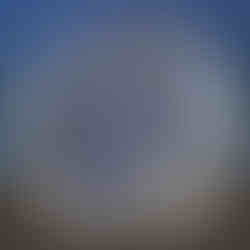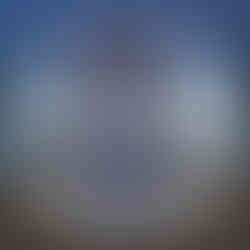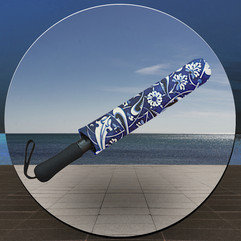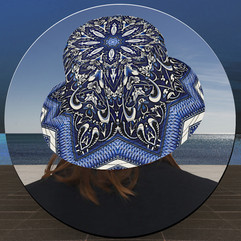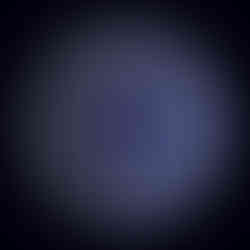Not Quite Azulejos
- Justus Hayes
- Oct 24, 2022
- 2 min read
Updated: Nov 1, 2022

The original source photos of the plates used to make these designs were posted on Pixabay by tunaolger. One of the few drawbacks of Pixabay is that there is no ability to add a description to any image you upload beyond some tags. Because of this, I know only that the terms "Turkish," "atalay melahat glow," and "hare tile" apply to these plates. Searching the latter two did not bear any fruit, as "atalay melahat glow" only turns up results for these photos in various photo databases and "hare tile" is too broad a search term, resulting overwhelmingly in tiles with bunnies on them.
I was drawn to these images, though, because of their strong overlap with the traditional Portuguese tile work known as "Azulejos." There are differences, to be sure, mainly that azulejos tends to the blue a bit more and less to the indigo. Also, one popular form that azulejo takes is illustrative, as in the example here, while the patterns on the plates are mostly decorative and abstract. It's easy, though, to find example of azulejo that are purely decorative.
Of course, my fascination with this art form is fueled in large part by my continuing light obsession with Portugal and all things Portuguese. There is a long backstory that explains all this here and a collection of blog posts about Portugal here.

Azulejos Plate 2 Man, with 8-mirror Kaleidoscope filter

Azulejos Plate 1 Man, with 8-mirror Kaleidoscope filter
Not Quite Azulejos Plate 1, Unspooled

Not Quite Azulejos Plate 3, Unspooled, with Burlap










